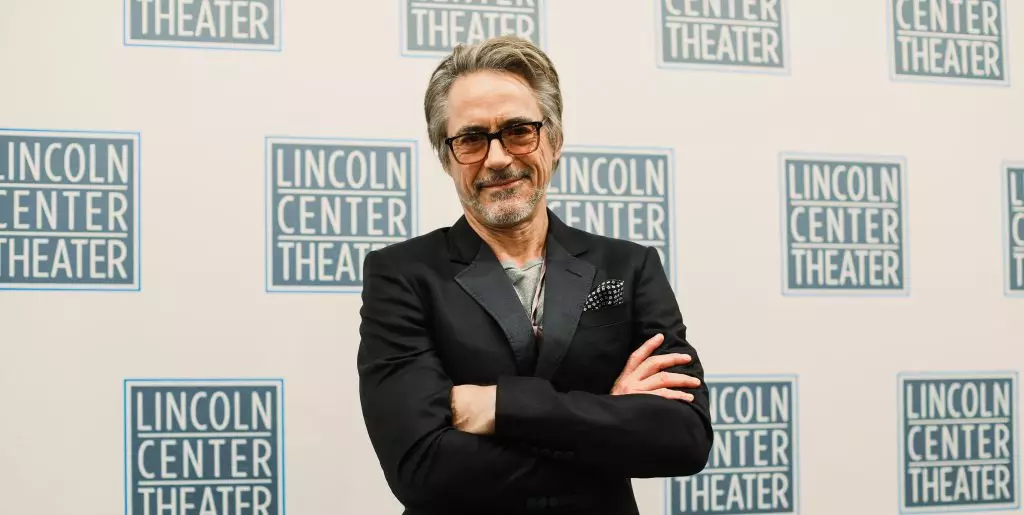In an era increasingly dominated by technological advancements, actors and public figures are voicing their concerns about the implications of generative artificial intelligence (AI). Notably, Robert Downey Jr., known for his iconic role as Tony Stark in the Marvel Cinematic Universe (MCU), has publicly expressed his strong objections to the use of AI to replicate his likeness. During a recent podcast appearance alongside playwright Ayad Akhtar and director Bartlett Sher, Downey put forth his perspective on the potential misuse of AI in the entertainment industry, raising critical questions about authenticity and creative integrity.
Downey’s skepticism towards AI comes as no surprise. The actor articulated a critical distinction between personal emotional experiences and the technical advances in AI, stating, “I feel about it minimally because I have an actual emotional life that’s occurring that doesn’t have a lot of room for that.” This reflects a broader dilemma faced by many artists: how to remain genuine in an industry increasingly reliant on digital replicas. His viewpoint underscores a vital conversation about the erosion of creativity in moments when technology overshadows human artistry.
The conversation shifts towards the moral implications of leveraging AI to resurrect characters or celebrities long after they’ve departed from the limelight. Downey’s confidence in the current custodians of the MCU reflects an underlying trust in artists’ integrity; however, he conceded that future leaders might not share the same ethical compass. When podcast host Kara Swisher suggested that future executives would likely seek to exploit his character for profit, Downey humorously declared a preemptive legal stance to challenge “all future executives just on spec.” While the comment may have been delivered in jest, it reveals a serious apprehension about the evolving landscape of entertainment where morality and reliability can sometimes be overshadowed by profit motives.
This sentiment resonates with many within the creative sector, highlighting a growing unease around how generative AI can alter the essence of storytelling. The notion of recreating a character using advanced technologies poses significant concerns regarding ownership and respect for the original work, blurring lines that have, until now, been carefully maintained.
Interestingly, Downey also touched upon his investments in AI companies, noting his cautious approach to engagement with new technologies. “Who are the people involved with this?” he questioned, emphasizing the importance of ethical consideration in business practices. This ambivalence toward AI—both as a tool for innovation and a potential threat to creativity—exemplifies the delicate dance creators must perform in navigating the rapidly advancing tech landscape. While technology can provide remarkable opportunities, it also demands heightened scrutiny and accountability.
Downey’s reflections come at a pivotal moment as the entertainment industry grapples with its identity in the face of innovation. As he prepares to star in the play *McNeal*, which discusses themes surrounding AI, he engages with the very technology he critiques. Despite mixed reviews surrounding the production, his performance has earned commendation, serving as a reminder of the artist’s irreplaceable contribution amid a sea of digital replicates.
Looking forward, Downey’s insights serve as a clarion call for a more conscientious approach to technological adoption in creative fields. His warnings are not merely self-protective maneuvers but indicative of a deeper protective instinct for artists’ legacies. As generative AI continues to evolve, the industry must develop frameworks that prioritize ethical standards and respect the human touch in storytelling.
Robert Downey Jr.’s perspectives provide a critical lens through which to examine the implications of advancing artificial intelligence on the future of entertainment. His unique blend of cautious skepticism alongside his willingness to engage with the burgeoning technology offers a roadmap as we navigate the intricate interplay between human artistry and digital innovation. As we venture further into the age of AI, the most significant question remains: how can we preserve creativity and authenticity while embracing innovation?

